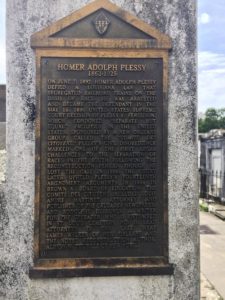Almost 80 years after Anthony Di Petta’s plane was shot down by enemy fire in World War II and over 70 years after he was declared “non-recoverable,” he’s finally home.
The remains of the sailor arrived back in the US on Friday afternoon, according to an agency of the US Department of Defense.
Di Petta, from Nutley, New Jersey, served as a US Navy Aviation Ordnanceman during World War II, according to a news release from the Defense POW/MIA Accounting Agency (DPAA).
The sailor, 24 at the time of his death, was born in Italy but immigrated to the US around 1921, according to a nonprofit called Project Recover, which took part in the recovery effort. He had enlisted in the US Navy by 1940.

In September 1944, Di Petta and two other crew members were on a mission to conduct air strikes against Japanese forces in the Palau Islands, DPAA says.
The aircraft was hit by enemy fire and crashed into the water of Malakal Harbor. Di Petta’s remains were unable to be found at the time, DPAA says.
Several more searches for the downed aircraft were unsuccessful and Di Petta was declared “non-recoverable” in July 1949, according to the DPAA.
But from 2003 to 2018, Project Recover (originally called the Bentprop Project) and the DPAA conducted joint investigations that eventually identified the crash site. Project Recover executed a total of 14 dives up to 112 feet deep to identify the aircraft. In August 2021, the nonprofit recovered the remains of multiple missing service members from the site, including those of Di Petta.
The remains were then sent for testing at the DPAA laboratory at Joint Base Pearl Harbor-Hickam, Hawaii, and identified by dental analysis as Di Petta in January, according to the DPAA. Additionally, scientists from the Armed Forces Medical Examiner System used mitochondrial DNA analysis.
Di Petta’s remains arrived at LaGuardia Airport in New York on Friday afternoon. A coffin draped with an American flag was seen arriving on the tarmac as people approached, bowing their heads.
Di Petta will be buried in Wrightstown, New Jersey on July 11, according to the DPAA.




